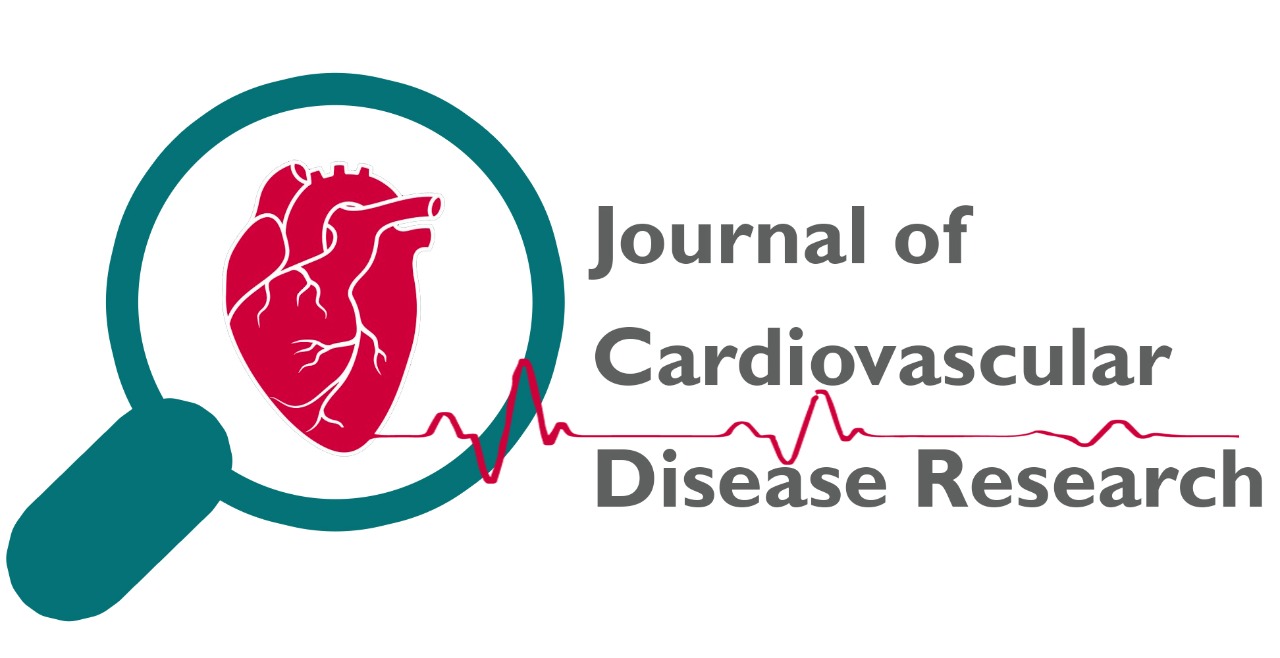
Evaluation of platelet indices and hsCRP to predict microvascular complications among diabetics
Lt Col (Dr.) Akriti Kashyap, Dr. Rohini S Doshetty, Lt Col (Dr.) Jaspreet Kaur, Major (Dr.) Reetika Devashwar
JCDR. 2023: 1558-1561
Abstract
The aim of the present study was to evaluate platelet indices and hsCRP to predict microvascular complications among diabetics Methods: A total of 200 participants were enrolled, which included 100 cases and 100 controls. Among both the cases and controls, 60 were male patients and 40 were female patients. All patients with diabetic range sugar were included as cases. The controls were all non-diabetics. Diabetics were further divided into two groups-Group A with HbA1C < 6.5% and Group B with HbA1C values > 6.5%. Platelet indices (MPV, PDW and PLCR) and hsCRP were measured for both cases and controls. Results: The age group and platelet counts in both groups were comparable. There were a higher percentage of individuals with abdominal obesity among diabetics than among non-diabetics. The platelet indices- MPV (11.45 fL vs. 8.56 fL, p < 0.0001), PDW (15.68% vs. 11.43%, p <0.0001), PLCR (46.3% vs. 32.4%, p <0.0001) were higher among cases than controls respectively. Platelet indices- MPV (12.3 fL vs. 10.68 fL, p < 0.0001), PDW (16.7% vs. 10.8%, p <0.0001), PLCR (47.4% vs. 45.6%, p <0.0001) were higher among diabetics with complications than diabetics without complications respectively. Furthermore, hsCRP were significantly higher among diabetics than among non-diabetics (4.33mg/L vs. 2.8mg/L, p<0.001). Conclusion: Our study showed a positive correlation between Diabetes mellitus and platelet activation and reactivity as indicated by increased platelet indices. High HbA1C and diabetic complications which indicate poor glycaemic control are associated with higher platelet indices. One of the important outcomes of our study is the positive correlation between high platelet indices and diabetic complications, indicating role of increased platelet reactivity in the microvascular and macrovascular complications of diabetes mellitus. Furthermore our study has found a positive correlation between hsCRP an inflammatory marker and diabetes mellitus.
Description
Volume & Issue
Volume 14 Issue 11
Keywords
|
This is an open access journal which means that all content is freely available without charge to the user or his/her institution. Users are allowed to read, download, copy, distribute, print, search, or link to the full texts of the articles in this journal without asking prior permission from the publisher or the author. This is in accordance with the Budapest Open Access Initiative (BOAI) definition of open access.
The articles in Journal of Cardiovascular Disease Research are open access articles licensed under the terms of the Creative Commons Attribution Non-Commercial License (http://creativecommons.org/licenses/by-nc-sa/3.0/) which permits unrestricted, non-commercial use, distribution and reproduction in any medium, provided the work is properly cited. |
|
|
|
|
|
Copyright � 2022 Journal of Cardiovascular Disease Research All Rights Reserved. Subject to change without notice from or liability to Journal of Cardiovascular Disease Research.
For best results, please use Internet Explorer or Google Chrome POLICIES & JOURNAL LINKS
Author Login
Reviewer Login About Publisher Advertising Policy Author's Rights and Obligations Conflict of Interest Policy Copyright Information Digital Archiving & Preservation Policies Editorial Policies Peer Review Policy Editorial & Peer Review Process License Information Plagiarism Policy Privacy Policy Protection of Research Participants (Statement On Human And Animal Rights) Publication Ethics and Publication Malpractice Statement Corrections, Retractions & Expressions of Concern Self-Archiving Policies Statement of Informed Consent Terms of Use |
Contact InformationJournal of cardiovascular Disease Research,
|




